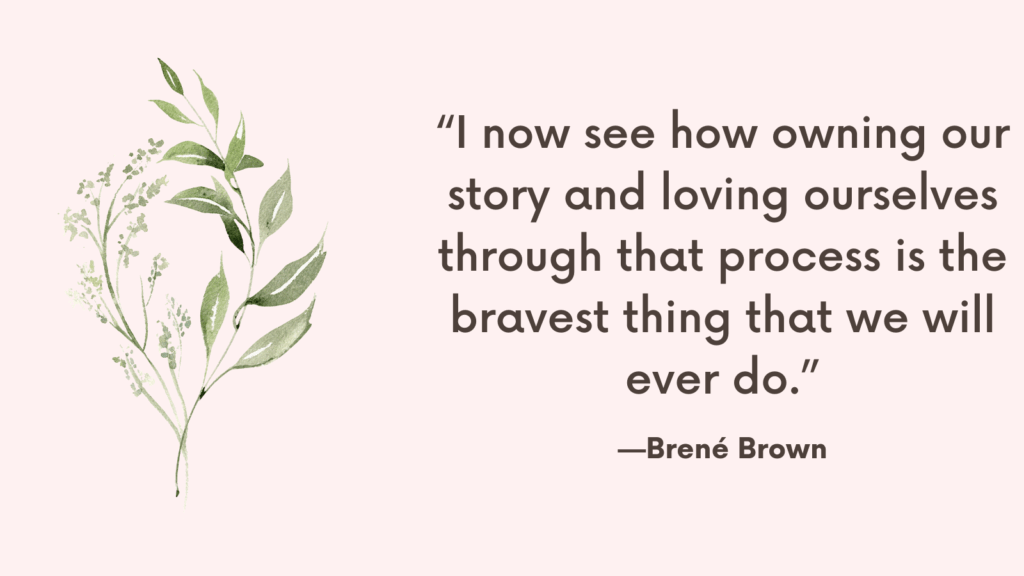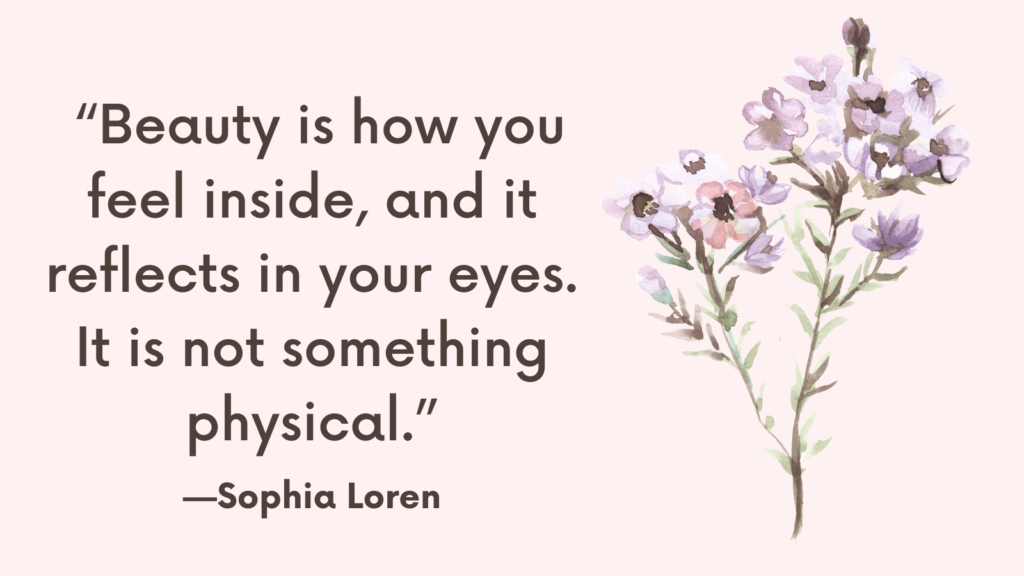This post contains the top 7 signs you hate yourself along with helpful tips to overcome it.
7 Signs You Hate Yourself
Self-hatred is a complex and distressing emotion that can significantly impact one’s mental health and overall well-being.
It is essential to recognize the signs of self-hatred in order to address and improve self-esteem and self-compassion.
1. Constant Self-Criticism
One of the prominent signs of self-hatred is a pattern of harsh self-criticism.
Individuals who hate themselves often engage in negative self-talk and persistently focus on their perceived flaws, failures, and shortcomings.
This relentless self-criticism erodes self-esteem and contributes to a cycle of self-loathing.
2. Difficulty Accepting Compliments
People struggling with self-hatred often find it challenging to accept compliments genuinely.
They may dismiss or downplay positive feedback from others, believing they do not deserve it.
This response stems from a deep-seated belief that they are unworthy of love, appreciation, or acknowledgment.
3. Negative Body Image
Negative body image is a common manifestation of self-hatred.
Individuals who hate themselves frequently engage in critical comparisons with others and often perceive themselves as unattractive or flawed.
This distorted perception can lead to unhealthy behaviors, such as extreme dieting or excessive exercise, in an attempt to attain an idealized appearance.
Related: What Is A Distorted Self Image & How To Build A Positive One?
4. Perfectionism
Perfectionism is another sign linked to self-hatred.
People who harbor self-hatred tend to set impossibly high standards for themselves, constantly striving for flawlessness.
They often fear making mistakes and are overly self-critical when they do not meet their unrealistic expectations.
Such perfectionistic tendencies often result in chronic stress and dissatisfaction.
5. Self-Sabotage
Self-sabotaging behaviors are common among individuals who hate themselves.
These behaviors manifest as intentionally hindering their own progress or success, often driven by a belief that they do not deserve happiness or achievement.
Self-sabotage can take various forms, such as procrastination, self-destructive habits, or avoiding opportunities for growth and fulfillment.
Related: Best 21 Self Sabotage Journal Prompts
6. Social Withdrawal and Isolation
Self-hatred can lead to feelings of shame, worthlessness, and inadequacy, which may prompt individuals to withdraw from social interactions.
People with self-hatred tendencies often isolate themselves, feeling unworthy of connection and fearing judgment or rejection from others.
This isolation reinforces negative self-perception, making it challenging to break the cycle of self-hatred.
7. Lack of Self-Care
A lack of self-care is a clear sign of self-hatred. Individuals who dislike themselves often neglect their physical, emotional, and mental well-being.
Engaging in self-destructive behavior, disregarding basic needs, or failing to prioritize self-care activities can be indicative of underlying feelings of self-hatred and low self-worth.
Related: Top 45 Self Care Day Ideas at Home To Kickstart Your Self Care Ritual
FREE Self-Love Worksheets PDF
How to Overcome Self-Hatred?
1. Challenge Negative Core Beliefs
Self-hatred often stems from negative core beliefs about oneself, such as feeling unworthy, defective, or undeserving of love and happiness.
Begin by identifying these negative beliefs and challenging their validity. Consider evidence to the contrary, such as achievements, positive qualities, or instances where you have shown resilience.
Cognitive restructuring techniques, such as cognitive-behavioral therapy, can provide effective tools for reshaping these negative core beliefs.
2. Practice Self-Compassion
Self-compassion involves treating yourself with kindness, understanding, and acceptance, similar to how you would treat a dear friend.
Develop a self-compassion practice by acknowledging and validating your emotions without judgment.
Embrace self-care activities that nourish your mind, body, and spirit, such as journaling, meditation, deep breathing exercises, or engaging in hobbies that bring you joy.
Research has shown that self-compassion can significantly reduce self-criticism and promote emotional well-being.
Related: Best 18 Self Compassion Journal Prompts (+FREE Worksheets)
3. Cultivate Mindfulness
Mindfulness involves being present in the moment, without judgment or attachment to thoughts and emotions.
Practicing mindfulness can help you observe self-hatred thoughts without becoming overwhelmed by them.
By accepting these thoughts and emotions with curiosity and kindness, you can begin to create distance from them and prevent them from controlling your self-perception.
Regular mindfulness exercises, such as mindful breathing or body scanning, can assist in developing this awareness.
4. Develop Healthy Coping Mechanisms
Self-hatred may manifest through self-destructive behaviors such as excessive substance use, avoidance, or self-isolation.
It is crucial to identify healthier coping mechanisms to replace these destructive patterns.
Engaging in regular physical exercise, practicing relaxation techniques, pursuing creative outlets, or seeking social support are all positive ways to cope with distressing emotions and build resilience.
Related: Best 99 Coping Skills (+FREE Coping Worksheets)
5. Challenge Perfectionistic Tendencies
Perfectionism is often closely tied to self-hatred, as the constant striving for flawlessness can perpetuate self-criticism and feelings of inadequacy.
Challenge perfectionistic tendencies by setting realistic goals, reframing failure as an opportunity for growth, and embracing imperfections as part of the human experience.
Recognize that excellence does not require perfection and that mistakes can be valuable learning experiences.
6. Build a Supportive Network
Surrounding yourself with supportive and caring individuals can greatly aid in overcoming self-hatred.
Seek out friendships and connections that are based on mutual respect and understanding.
Being part of a community that values and appreciates your worth helps counteract negative beliefs and promotes a healthier self-perception.
Related: Letting Go of Perfectionism: Best 20 Tips

Conclusion
Recognizing the signs of self-hatred is crucial for initiating the journey toward self-compassion and healing.
Remember, self-compassion is a lifelong practice that requires patience, persistence, and self-reflection.



